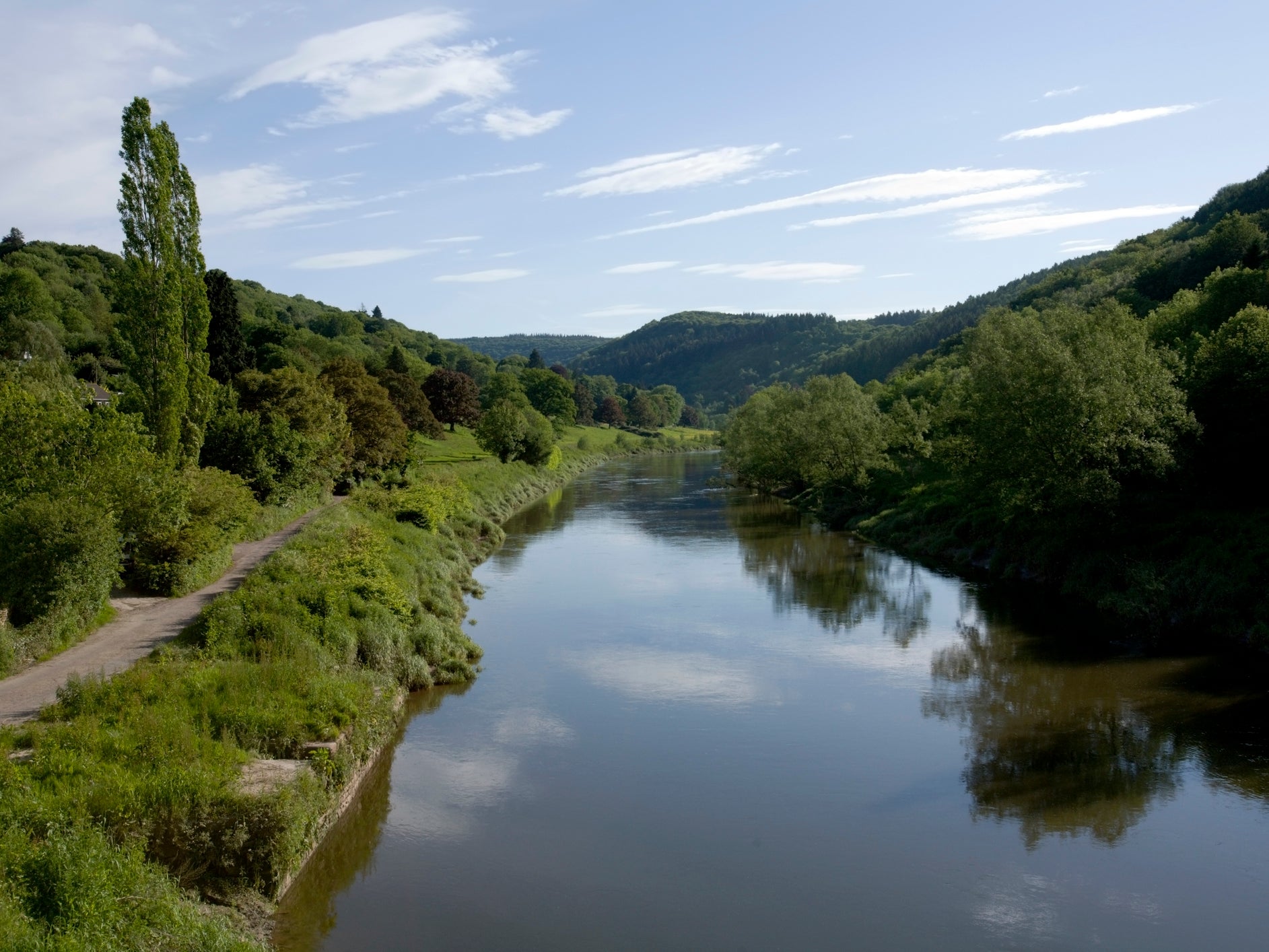This website uses cookies so that we can provide you with the best user experience possible. Cookie information is stored in your browser and performs functions such as recognising you when you return to our website and helping our team to understand which sections of the website you find most interesting and useful.

The head of the Environment Agency has called for less rigorous measures to determine water quality in England’s rivers, lakes and beaches after Brexit – a move which would allow the government to classify more waterbodies as being at a high standard.
Sir James Bevan has been accused of “moving the goalposts” in his calls for reform of the Water Framework Directive, which uses four different measures to assess cleanliness of water.
These determine factors including pollution from chemicals and excess nutrients, as well as the health of wildlife communities such as plants and fish. Rivers are then rated as high, good, moderate, poor or bad status.
Currently, just 14 per cent of rivers in England are considered to be at “good” ecological status, according to The Rivers Trust.
In a speech to business leaders, titled In Praise of Red Tape, Sir James said while in favour of many regulations, others should not hinder a “green recovery”, and said after the UK left the EU it should consider reforming the WFD, which he acknowledges was a “landmark” piece of legislation which has helped make lakes and rivers much cleaner than they otherwise might be.
But he said the legislation’s use of a “one out, all out” assessment method, where if a waterbody fails to meet one of the four key criteria, it is marked down, was a “problem”.
He said the method “can underplay where rivers are in a good state or where improvements have been made to those that aren’t,” and “can force regulators and others to focus time and resources on indicators that may not make much difference to the actual water quality, or where we realistically cannot achieve one of the criteria.”
He added: “Some of England’s heavily engineered rivers in urban centres, for example, will never be restored to their natural state.”
He said despite only 14 per cent of rivers in England attaining “good” status, in total, 79 per cent of the individual WFD indicators are at good status.
Campaigners have reacted angrily to the suggestion the strict laws could be watered down.
The Salmon and Trout Conservation said the changes would see healthy river classifications jump from 14 per cent to 76 per cent “overnight, with no extra investment, no extra work and no extra fish.”
Norfolk Rivers Trust said the WFD “is just about the only legislation protecting rivers,” adding “A river doesn’t need several ecological problems to kill it. One will do.”
The organisation tweeted: “As ecosystems, our rivers are ruined almost beyond hope of redemption. Migration routes blocked, water quality too poor to support native plant communities, habitat too degraded for our invertebrates, crippling droughts.
“The Water Framework Directive at least acknowledges these problems and offers a targeted, holistic, legally binding pathway to recovery. It also should prevent further harm. If it was properly resourced and enforced we would be in a much more hopeful place.”
Feargal Sharkey, former Undertones singer, and now waterways campaigner described the changes on Twitter as the government “rewriting the rules”, and said: “It’s not moving the goalposts it’s taking a chainsaw to them.”



 Africana55 Radio
Africana55 Radio 

